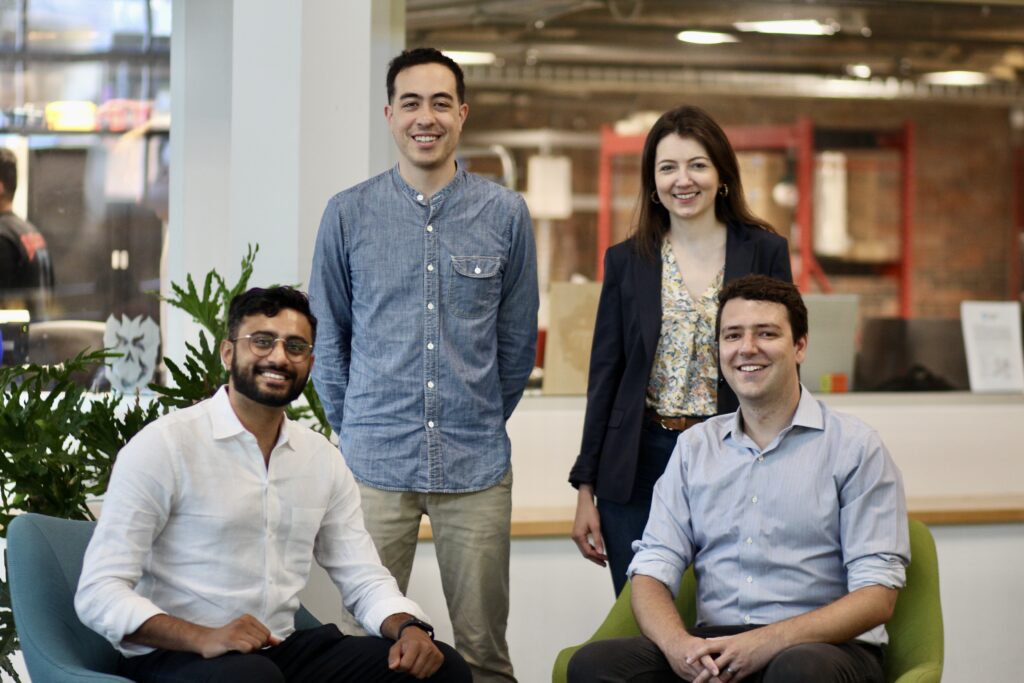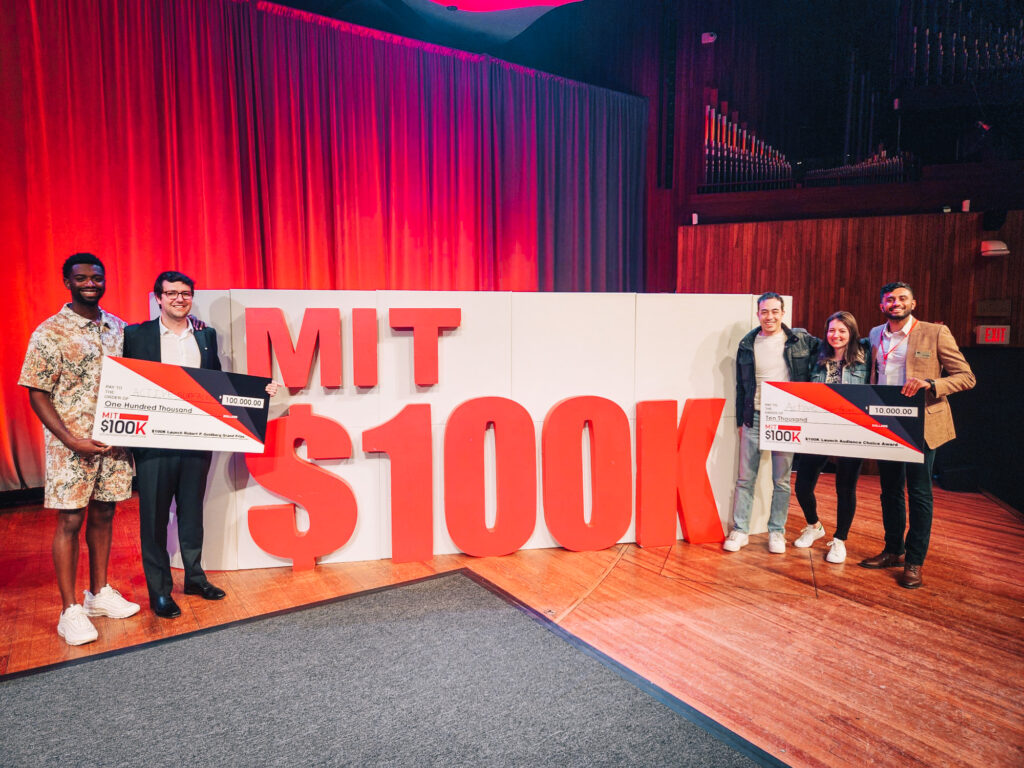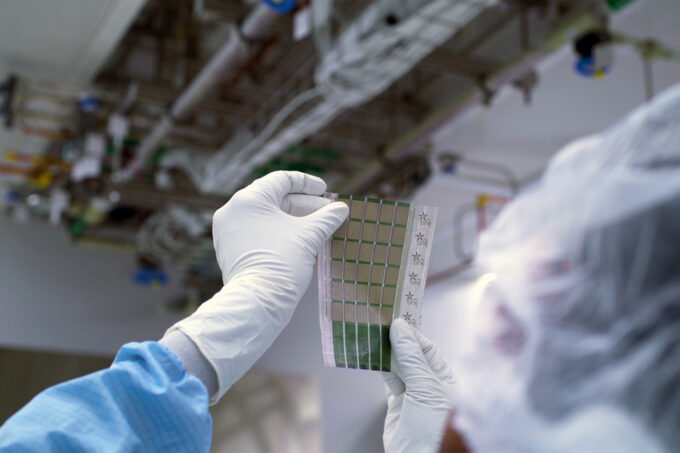Imagine putting solar panels on top of an EV to extend its range, or rolling out modules to provide power following a natural disaster. Or picture putting solar atop every warehouse and distribution center in the United States, which would reportedly generate enough energy to power all homes in each state’s largest city.
Active Surfaces is working to make these innovations possible. The startup’s solar modules are 100x lighter than traditional solar panels, without sacrificing any efficiency and with a cost floor below what’s in the market now.
Current solar modules are too heavy to be put on many surfaces, including low load-bearing warehouse roofs, which is Active Surfaces’ beachhead market. Increasing the number of places solar can be deployed will help us accelerate our net-zero future, especially in light of increasingly long interconnection queues and the large amounts of land currently required for solar.
“Solar is currently a land-area-harvesting technology; we need to start having dual land use, otherwise we’re going to be cutting down forests and devoting farm land toward solar,” says Richard Swartwout, Active Surfaces’ co-founder and CTO.
The Active Surfaces team is on a mission to tackle the substantial soft costs related to solar installation, such as labor and structural supports, which they point out can outpace the actual price of solar panels by a ratio of nine to one. The startup’s lightweight, flexible modules, along with its competitive installation costs, position Active Surfaces with the “lowest floor cost of any thin-film technology,” according to the company—on both a per module and an overall system level.
“If we want to make solar access more affordable, then we need a novel solar technology that tackles the costs that matter, one that reimagines how we install solar in the built environment,” says Co-founder Shiv Bhakta, who’s heading up business development. “Lowering labor costs, alleviating warranty concerns, ease of deployment—these are the metrics we’re thinking about.”

Active Surfaces team members Shiv Bhakta, Tom Luly, Jeanne Pidoux, and Richard Swartout (left to right).
Active Surfaces spun out of MIT earlier this year and is raising its pre-seed funding. The team is focused on validating its tech on a larger scale, lining up pilot partners, and identifying materials and manufacturing collaborators. Interested partners can reach out to the startup here.
Active Surfaces is part of the inaugural cohort of ACCEL—an accelerator from Greentown and Browning the Green Space (BGS) designed to support BIPOC-led startups by offering access to funding, networking connections, resources, and opportunities that structural inequities put out of reach. The program combines acceleration with a curated curriculum, incubation through Greentown membership, and extensive mentorship from Greentown and BGS’s networks of industry experts.
“Being a first-generation college student, my life’s been a constant process of learning on the fly,” Bhakta shares. “Finding ACCEL was like discovering an extended family that understands the journey. We cheer each other on, we share resources, and we grow together. The sense of community here is truly the highlight for me.”
In addition to its acceptance to ACCEL, Active Surfaces has received many prizes and honors this year. The startup won $25,000 from the New Climate Ventures Sustainability Investment Prize at the 2023 Rice Business Plan Competition; took home the grand prize and audience choice award at the MIT $100K LAUNCH Competition; and was selected for both the 2023 Cleantech Open Northeast and Venture For ClimateTech cohorts.



